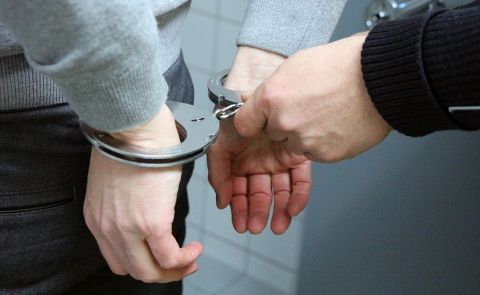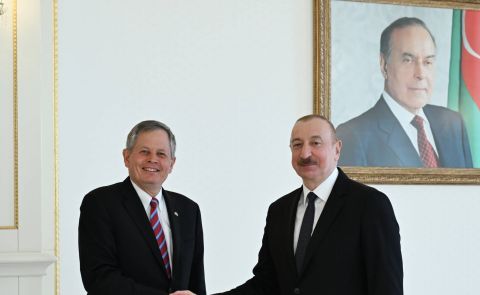
Pashinyan Commemorates First Republic Day, Highlights Progress in Sovereignty and Peace Efforts
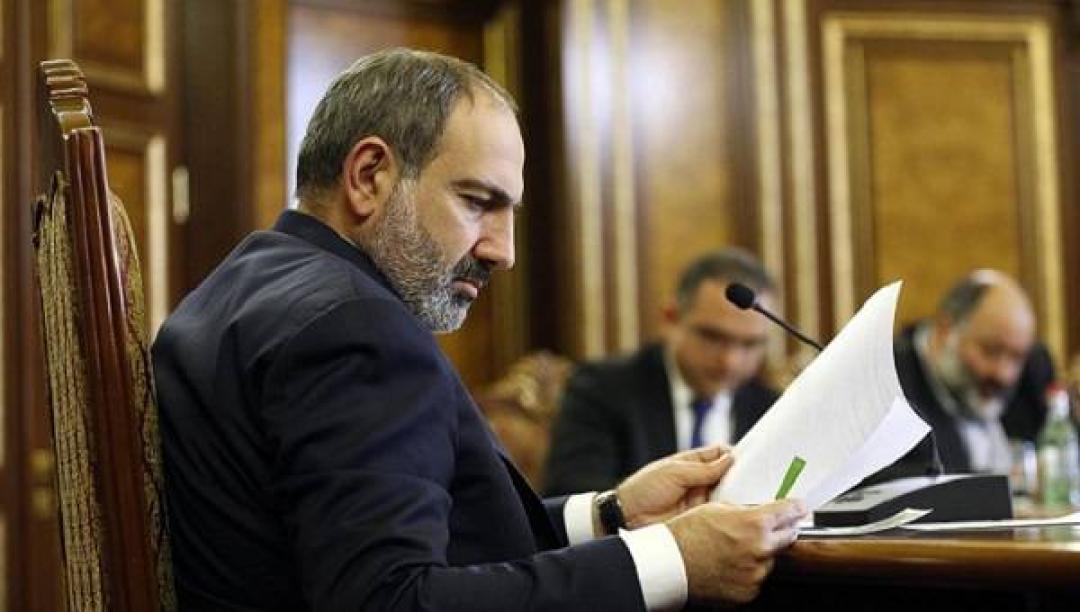
On May 28, Prime Minister Nikol Pashinyan of Armenia reflected on the legacy of the First Republic of Armenia and the country’s current statehood during a speech at the Sardarapat Memorial Complex on the Day of the First Republic of Armenia.
Pashinyan stated that throughout the Soviet era, the First Republic of Armenia was portrayed negatively, subjected to ridicule and contempt, as the empire sought to erase memories of independent statehood. He explained that when Armenia regained independence in 1991, it seemed that seventy years of Soviet propaganda had not deeply affected the Armenian people, and fears of sovereignty and independence had been overcome. However, he acknowledged that some of those fears and disregard for statehood persist, often shaped by imperial narratives ingrained during Soviet times.
Recalling the First Republic’s brief existence of two years and a few months, Pashinyan emphasized its historical significance. He noted, “For the first time in our history, a republic was established where power belongs to the people of Armenia, who decide through elections who governs the state and how.” Although the republic renewed democratic and statehood ideals, it did not have time to firmly establish them due to its short lifespan.
Pashinyan highlighted that Armenia is now more sovereign and independent than ever, with internationally recognized borders covering 29,743 square kilometers, symbolizing the achievements of the Armenian people rather than losses. He stressed that the Armenian people have found their homeland in the Republic of Armenia, and after enduring severe trials since 2020, including the sacrifices of martyrs, the nation has a historic opportunity to develop sovereignty and realize statehood.
The prime minister warned against repeating the mistakes of the past 4.5 centuries, stressing that relying on external forces for security is deceptive. Instead, he emphasized that “we ourselves are the guarantors of our security,” and the best ways to ensure it are through political and diplomatic efforts, including normalizing relations and establishing peace with neighboring countries.
Pashinyan expressed confidence that peace and security will shape Armenia’s future and declared that the country’s path toward independence, sovereignty, prosperity, and freedom is entering a decisive historical phase. He pointed to several achievements, including the completion of negotiations on a draft peace agreement with Azerbaijan, ongoing consultations to finalize it, active dialogue with Türkiye, unprecedentedly strong relations with Iran, and a strategic partnership with Georgia.
He also underscored Armenia’s growing international stature, noting that the country will host two major international events in 2026—the eighth conference of the European Political Community and COP 17—as proof of this. Additionally, he announced a milestone for border control: starting in 2025, Armenia’s border guards will exclusively manage all border crossing points for the first time.
Pashinyan emphasized Armenia’s balanced foreign relations, highlighting partnerships with Russia, China, the United States, India, France, and the EU at historically high levels. He concluded by reaffirming that “the republic and democracy are a reality. A balanced foreign policy is a reality. Independence and sovereignty are a reality. The state is a reality,” urging the Armenian people to value these achievements as the country moves from a period of loss toward a promising era of success.
See Also


Israeli Ambassador to Armenia Acknowledges Challenges but Optimistic About Future Armenian-Israeli Cooperation
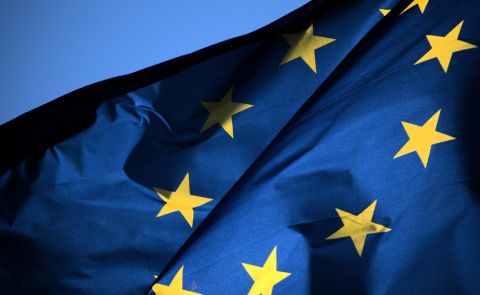
EU Plans Closer Cooperation with Azerbaijan, Georgia, Türkiye, and Other Black Sea States
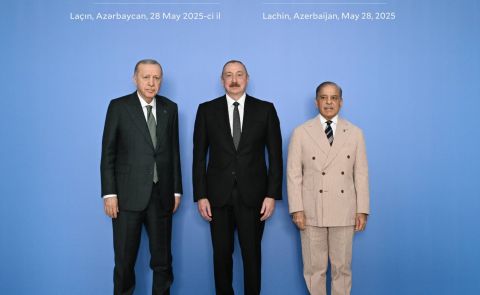
Azerbaijan, Türkiye, and Pakistan Highlight Growing Strategic Cooperation at Lachin Summit
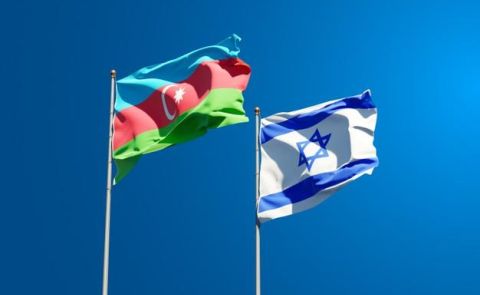
Israeli President Highlights Close Cooperation Between Israel and Azerbaijan
